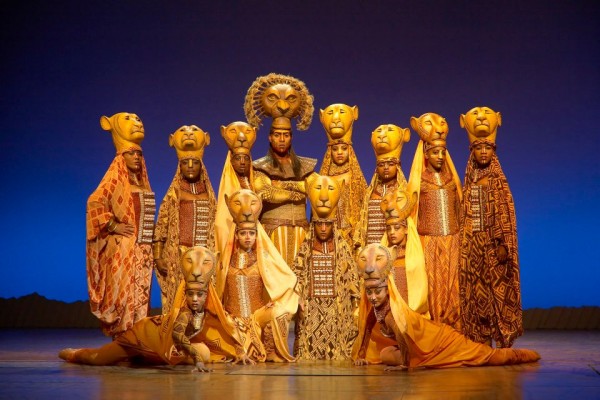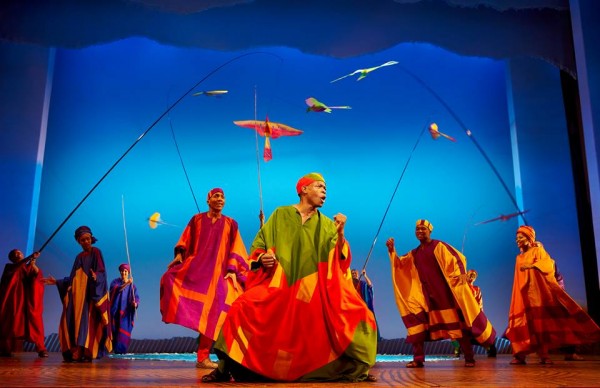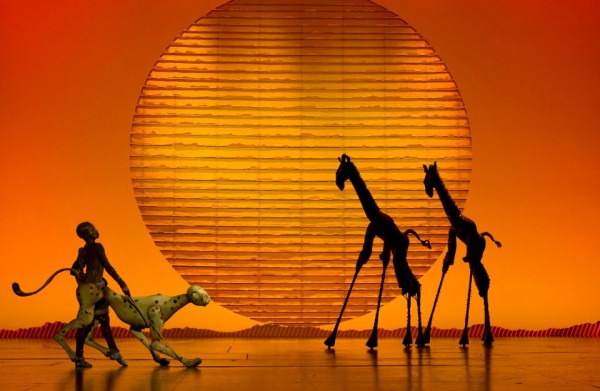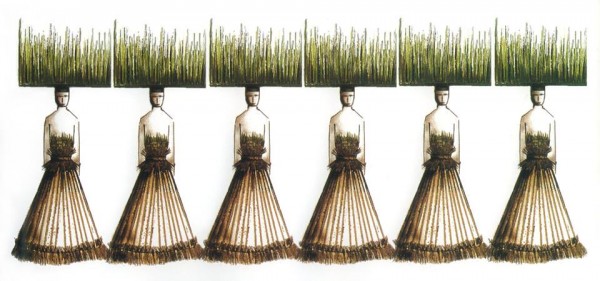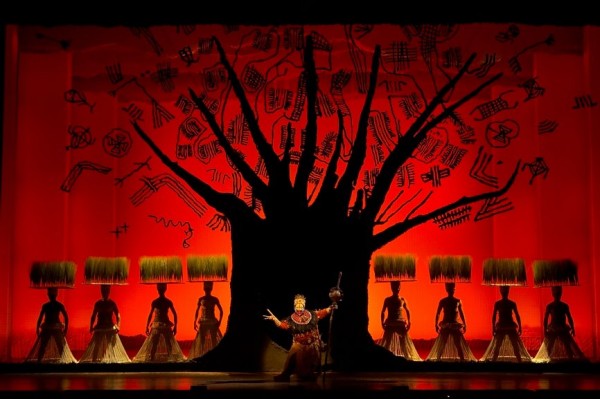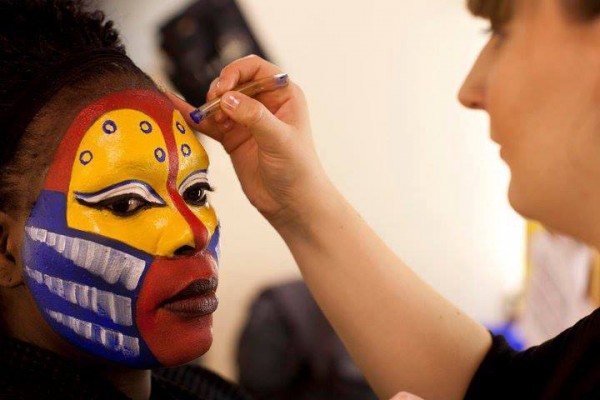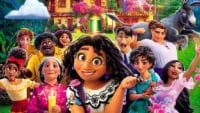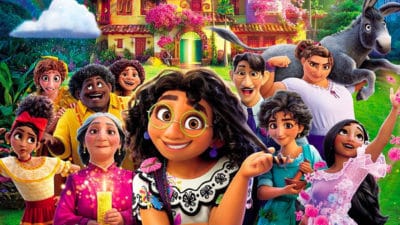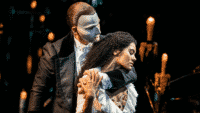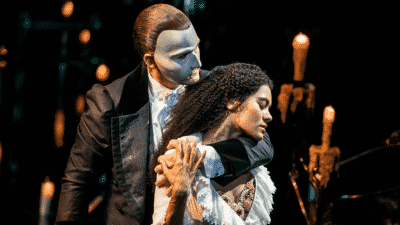Theatre
Can you feel the love tonight: why we still fall for The Lion King 15 years on
This weekend The Lion King celebrates 15 years of performances at London’s Lyceum Theatre, a herculean feat that has made it the most successful stage show of all time.
The Lion King in Numbers
- More than 6,000 performances have been staged at The Lyceum
- 12 million people have visited the London show and 75 million have seen it world wide
- It takes 152 people to help prepare for each performance of The Lion King
- It took 37,000 hours to build the puppets and masks used in the show
- There are currently 10 productions of The Lion King being performed around the globe.
The Lion King is one of those shows that, once seen, is never forgotten. I went over 12 years ago with my dad, who’d already been once before. Even now I vividly remember sitting in the indigo blue gloom of the stalls waiting for the curtain to rise, noticing that my dad kept glancing sidelong at me and then out into the aisle, smiling with a sort of secretive anticipation, because he knew what was coming next, as will anyone who has seen the show.
Because if you’ve been then you’ll know what follows the first roar of a note that erupts from Brown Lindiwe Mkhize, who plays Rafiki, and remember that after it ricochets around the auditorium, a technicolour, theatrical wonderland of pure, Disney-fied magic is unleashed. And that’s exactly why The Lion King continues to captivate; it casts a kind of spell over its audience, creating and maintaining a completely immersive fantasy world that utterly transports them.
It does it so cleverly, in fact, that when you finally leave the auditorium, blinking into the night, it feels as though you’ve just fallen back through the looking glass or stepped out of the wardrobe, leaving Narnia behind.
Even after 15 years the cast of The Lion King are in still love with the stage show, as we found out when we interviewed George Asprey who plays Scar:
“The Lion King combines a multitude of different theatrical genres from around the world, from Chinese shadow puppetry to Balanese dance. The music is incredible and it’s a time honoured story that even Shakespeare has used. If you are going to see your first piece of theatre what could be better than that.”
So, in honour of the show’s 15th birthday this weekend on 19 October, we’ve examined a couple of the things that make The Lion King so irresistible.
The Music
The Disney version of The Lion King has some brilliant tunes, all of which have been incorporated into the stage version along with some gutsy additions from South African composer Lebo M, who beefs up the movie pop music of Elton John and catchy lyrics of Tim Rice with rich layers of traditional African sounds and a thundering, percussion heavy score that thuds at the heart of the musical throughout.
But all it really takes to fall for the music in The Lion King is that first, opening number, or, actually, that first howl of: “Nants ingonyama bagithi Baba” (which means “here comes the lion”, in case you’ve ever wondered).
The Costumes
“For me it was always a question of trying to find the duality of human and animal. The human factor is dominant, but visually what you have is the spirit of the beast.” – Julie Taymor (1999)
The surreal, intricate costumes that are so integral to The Lion King’s ability to transfix an audience were imagined and created by the show’s director, Julie Taymor; a designer who can make you believe that a person in a grass skirt with a box of grass on their head is actually the African Serengeti.
What most people notice when they see the show on stage is the effortless blend of the human and the animal elements in the character’s costumes. Part of the beauty of the production is that these aren’t simply people in animal costumes, they’re a hybrid, bestial presence with a full scope of raw, human emotion, as Taymor explained, when they went on display at the V&A Museum in London in 2010.
The Fans
The Lion King’s epic story of Simba, a lion cub who struggles to fulfill his destiny as the king of the Serengeti through the death of his father and the maniacal plotting of his evil uncle Scar, resonates deep with the show’s fans, many of whom, like me, first fell for the tale when the Disney film was released in 1994.
Today, that love still burns brightly around the world and has earned The Lion King’s stage adaptation fans in six continents, from America to Asia.




